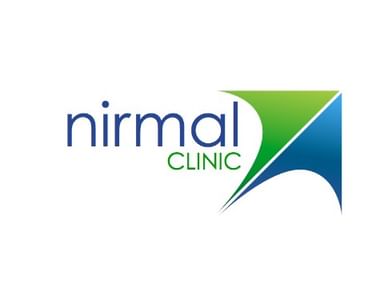Get the App
For Doctors
Login/Sign-up
Dr. Kailash Gokral
General Physician27 Years Exp.
PGDMLS , MD - Community Medicine, MBBS
Mumbai
₹ 300 at clinic
Nirmal Clinic
S4, Shri Anmol CHS, Plot No.14 B, Sector 4, Kharghar, Landmark: Near GD Pol Hospital
Consultation Fee: ₹ 300
View All Slots
Personal Statement
I've been practicing in Kharghar for the past 12 years, caring for about 250000 patients and have strived to give my best care to all. ..read more
Doctor Information
Speciality
- General Physician
Other treatment areas
- Diabetologist
- General Physician
Education
- PGDMLS , Global Institute for Value Education , 2002
- MD - Community Medicine , LTMMC, Sion , 2003
- MBBS , Topical National Medical College, Nair hospital , 1999
Past Experience
- Consultant at Nirmal Clinic
Languages spoken
- English
- Hindi
Professional Memberships
- Indian Medical Association (IMA)
- Indian Association of Preventive and Social Medicine
- Raigad Medical Association
- Kharghar Doctors Association
Clinic Location
S4, Shri Anmol CHS, Plot No.14 B, Sector 4, Kharghar, Landmark: Near GD Pol Hospital
Clinic of Dr. Kailash
| Clinic's Name | Fees |
|---|---|
| Nirmal Clinic | ₹ 300 |
Get Help
Reviews
Services
Tips
Book Clinic Appointment with Dr. Kailash Gokral
Nirmal Clinic
S4, Shri Anmol CHS, Plot No.14 B, Sector 4, Kharghar, Landmark: Near GD Pol Hospital
₹ 300 at clinic
See all timings
Read what people are saying about Dr. Kailash Gokral
Health Tips
Diet for all To achieve optimum health we tend to listen to advice from all and sundry. Unqualified advice may lead to confusion and illness. So what should people really have in their diet? It would be wise to include the following in your meals:......read more


